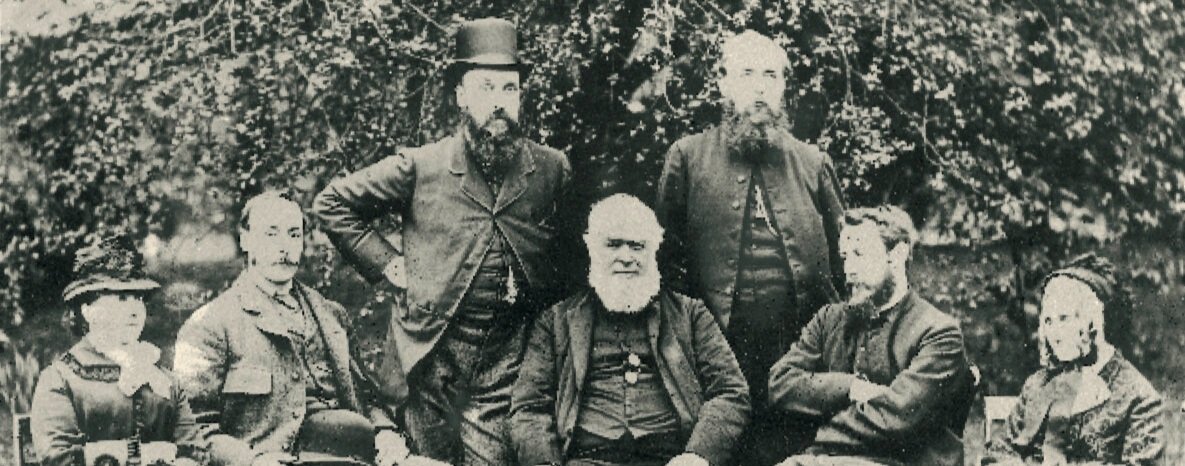
Virtual Museum
Francis William Webb
21 May 1836 – 4 June 1906
Francis William Webb was born on 21 May 1836 in Tixall, Staffordshire.
Even as a child he showed an aptitude for practical skills, and impressed the inhabitants of Tixall with his work. He moved to Crewe in 1851, joining the Railway Company as a premium apprentice. In 1856 Locomotive Superintendent Francis Trevithick recommended that Webb be kept on, and as a young draughtsman he did much of the drawing work for the first ‘DX’ design and took a part in the design for the ‘first’ conversion of ‘CORNWALL’ to a 2-2-2 locomotive with a ‘DX’ boiler.
His meteoric rise continued and he was appointed chief draughtsman in 1859. In 1861 he became Chief Indoor Assistant (Works Manager), at the same time teaching at the Mechanics Institute of which he was a keen supporter.
Webb had played a large part in establishing the the Crewe Bessemer Steel Plant and such was his interest in steel production that he left Crewe and joined the Bolton Iron and Steel Company for 4 years until 1871 when on the retirement of John Ramsbottom, Locomotive Superintendent, he was offered that post by LNWR Chairman Sir Richard Moon and returned to Crewe. He spent many years as a bachelor, living in Chester Place, the large house in which a succession of Superintendents lived, very near the workers’ houses.
Under Webb’s influence the capacity of the Works grew tremendously. He also became very involved in the running of the town, often regarded as “The King of Crewe”, serving as Mayor and initiating the development of such projects as the Cottage Hospital and Queens Park.
The Webb family in the early 1870s.
Number 1 Chester Place was the residence of the Chief Mechanical Engineer.
In 1902 Webb announced his retirement and after a few years of ill-health he died in 1906 in Bournemouth.
He was a far-seeing engineer, predicting a future of trains run by electricity, even suggesting the construction of such a train in the 1890’s, though his idea was rejected by the then Chairman. His main achievement was overseeing the vast extension of the LNWR locomotive department including the Works at Crewe.
Webb left a considerable amount of money in his will. A substantial amount was donated to establish an orphanage in Victoria Avenue in 1911. Here young children especially railway orphans, were cared for until adulthood. Webb’s orphanage has taken many other roles: A hospital during the war, a school and a railway training centre.
The Cottage Hospital
The Webb Orphanage building on Victoria Avenue, Crewe





